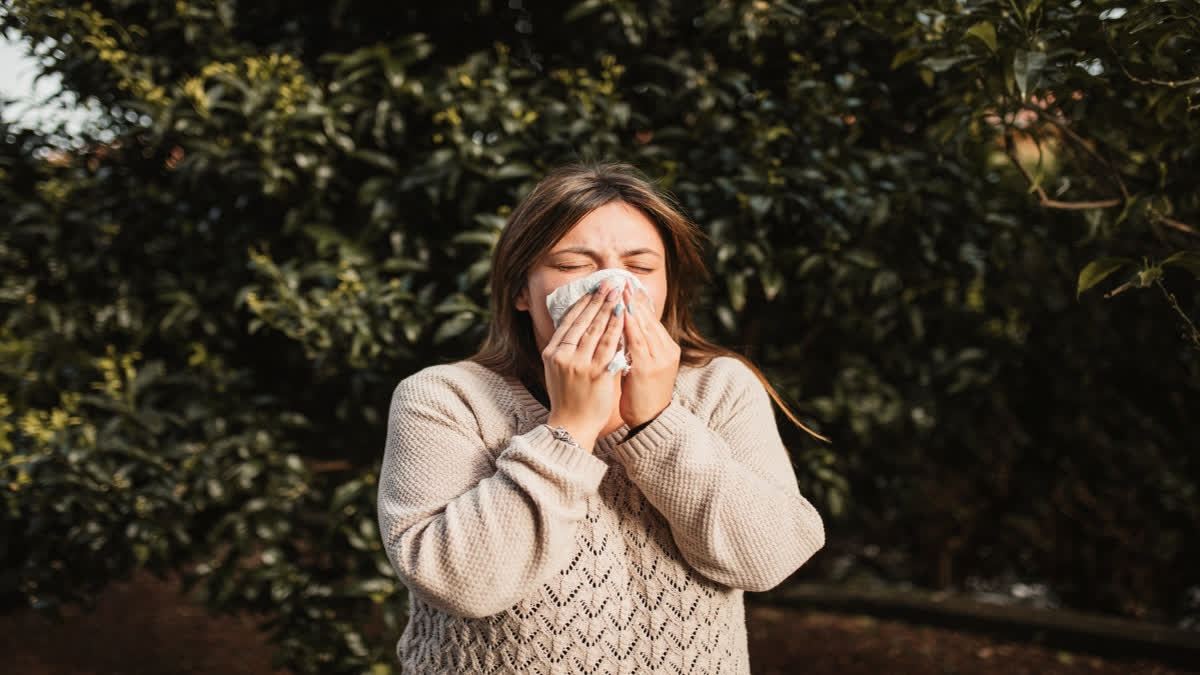New Delhi: The World Allergy Awareness Week is an annual event that aims to raise awareness of allergic diseases and other related medical conditions. The World Allergy Organisation (WAO) observes World Allergy Week. This year the World Allergy Week will be observed from June 23 to 29. The week-long programme also focuses on advocating for the provision of training and resources about diagnosis, management and ways that certain allergies can be prevented.
History & Significance of World Allergy Week
World Allergy Awareness Week is an initiative of the World Allergy Organization. It was in 2005 that the first World Allergy Day was celebrated. Subsequently, it was decided that more time was needed to achieve all the aims of World Allergy Day, and in 2011 World Allergy Awareness Week was established. There is also a hope that World Allergy Awareness Week will bring people together. It also creates a platform to raise awareness about various allergic diseases, asthma, and other related disorders.
Theme & Highlight
The theme for World Allergy Awareness Week this year is childhood food allergies. Each year the World Allergy Organisation (WAO) chooses a different theme for the week with the aim of spreading awareness. Throughout the week there will be webinars and information to help educate people about the theme.
World Allergy Organization
The World Allergy Organization (WAO) is an international umbrella organization whose members consist of 111 regional and national allergology and clinical immunology societies from around the world. By collaborating with member societies, WAO provides direct educational outreach programs, symposia and lectureships to members in nearly 100 countries around the globe.
Common Allergies
Allergies are a common cause of respiratory issues, like allergic asthma. Some common allergies that could cause respiratory symptoms include animal dander-cat & dogs, house dust mites, insects, cockroaches, pollens, and food-nuts. Some of the allergic asthma symptoms include coughing, wheezing, rapid breathing, shortness of breath, rash, itchy skin, itchy eyes, and runny nose among others. As per an estimate, 2 per cent of adults and 6 per cent of children in India suffer from asthma and the disease can be influenced by different factors which include genetics, environment, diet and infections.



